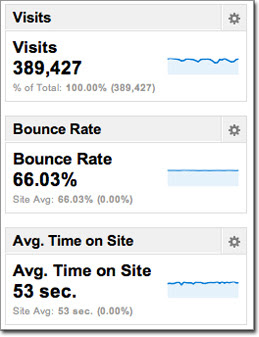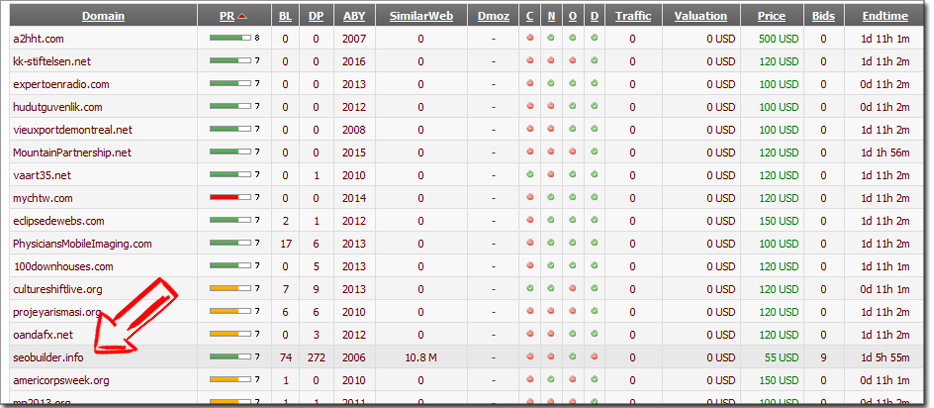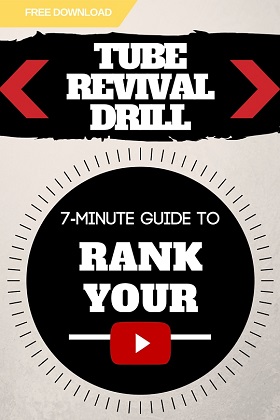
It’s been a long time…
We are using search engines to get solutions for our queries.
Just type in your query on that little search box and viola!
And, as content writers and marketers, it’s equally important for us to understand how search engine actually works.
I found this infographic of seobook.com:

Here’s our Take on How Search Works and tips to Rank a Website from this infographic:
The User:
Search engines works on two major functions:
- crawling and indexing, and
- providing answers by ranking the most relevant answer.
Search engines may do cross-device tracking to help personalize search results.
1) Language
People typically prefer results in their native language. Where there are few results search engines may return results in other languages.
Our take:
Make your content multilingual.
Find most popular pages in your site and translate them into different languages.
So, the question is - which languages?
According to Alsintl, Mandarin & Spanish are most spoken languages than English over the world, and after that Hindi/Urdu and Arabic.
There are some WordPress plugins like qTranslate, Transposh, etc., but none of them are really good.
Anyways, you can also outsource it for $5 on Fiverr.


Find someone with higher ratings and get your work done easily!
2) Country
People typically prefer local results. Within different countries words like [football] may have different meanings. People often prefer to buy from local merchants.
3) Location
Many search queries have and implicit local intent. Search engines may return some results from the city the user is located in.
Our take:
If you are providing a service or product, make sure it is reachable and accessible.
If your service is not available in specific regions then it will not show up in the results.
If you're targeting a specific country or region then only get domains like .co.uk, .co.in, etc. It would be much easier for search engines to rank in that region.
If your service is not available in specific regions then it will not show up in the results.
If you're targeting a specific country or region then only get domains like .co.uk, .co.in, etc. It would be much easier for search engines to rank in that region.
4) Device
Mobile phones are harder to use than desktop computers. Search engines may thus rank pages with mobile friendly designs higher and insert links to apps in the search results.
Our take:
Make your website and pages mobile-responsive.

Open your website in mobile phone browser and see if it looks good or not.
If it doesn’t...
Use responsive theme for your site to make your pages easily readable and better.
The User Intent:
Rather than matching strings of words, search engines try to understand the intent behind the search query.
5) Search and click data
Search engine leverage aggregate click data spelling correction & measuring user satisfaction with the results. Quick bounces back to the search result page coupled with a click on a different listing may indicate a poor user experience.


Our take:
You have only 4 seconds to win your visitor’s attention.
Some useful tips:
- Longer the content, the better (min of 1500 words)
- Easily readable content get more scrolls
- Less boring paragraphs, more single lines (more white spaces)
- More graphical content in post.
6) Recent searches
Search engine can look at chains of search queries to help relate terms to one another & to rank authoritative results from later into the chain in earlier related search queries.
Our take:
Search engine also works on synonyms and related words to get your content showed up.

This will automatically target lots of keywords if there is lot of great content.
Already doing that? Amazing!
7) Past behavior
Search engines can leverage a user’s past click behavior to personalize search results for queries with multiple parallel intents.
Our take:
Past activity like shares, likes, comments, etc., can affect ranking of your site. Search engine needs a proof of good customer experience on your site.


8) RankBrain
For long-tail search queries where Google has limited user data to leverage, they may try to relate the search to other searches they have more data on & leverage the user data from those related searches to influence the search results.
For long-tail search queries where Google has limited user data to leverage, they may try to relate the search to other searches they have more data on & leverage the user data from those related searches to influence the search results.
General ranking criteria:
Search engines have core general relevancy signals which act as a baseline outside if the impacts of user intent.
9) Parallel intent
If a query has numerous parallel intents, search engines may try to rank results associated with the different intents (Mercury the car vs Mercury the planet vs Mercury the element).
Our take:
Make sure your website is ultra niche-specific!

Domains with targeted “niche” keywords ranks better than any other domain. And also the title must be very specific and related to user intent search.
10) Site link authority
The authority of a site can be estimated in part based on the quantity and quality of links referencing the site.
Our take:
Strong site having high link authority will have more chances to show high ranking in SERPs.
Try some of the best tips to build high quality backlinks.
Try some of the best tips to build high quality backlinks.
11) Site reputation
Is the site something users specifically seek out and prefer?
Our take:
Check the retention in Google Analytics and see that how many of the visitors are revisiting your site by entering domain name directly.
Ask your visitors to bookmark your site so that it's easy for them to visit again.


12) On-page relevancy
While search engines try to understand user intent & match results with related words, prominently using the terms the user searched for within the page can help it rank better.
13) Integrated results
Integrated vertical results may use additional ranking signals. Local might count local citations, apps might include user ratings & aggregate usage metrics.
Our take:
Most shared and liked content always get high rankings.
Add social sharing buttons at the beginning or a floating bar aside your post, or both at a time.


And always encourage your visitors to comment and share at the end of post or video and you’ll be surprised to see that how much traffic and engagement it can generate for you.
Penalties & filters (welcome to the zoo, webmasters):
Everything which is trusted and weighed is something people may attempt to abuse. Search engines have manual and algorithmic penalties to discourage such efforts.
14) Panda
Calculated off-line periodically, based on factors like user experience. Well known sites like Amazon rank better, shallow sites like eHow rank worse.
15) Penguin
Calculated off-line, based largely on link quality & anchor text.
Our take:
Many marketers don't even read these Google Webmaster Guidelines, but these are very important:
Many marketers don't even read these Google Webmaster Guidelines, but these are very important:

16) Age
New sites may have their ability to rank capped for a period of time. Older results which are stable may also have their rankings dampened.
Our take:
Older the content, the more value it gets!
Unfortunately, newer sites doesn’t gain authority in short period of time...
But, it's okay...
But, it's okay...
The best tip you can have is if you are going to build a new website, then always search for old domains...
Why?
Because there are some possibilities of already having good amount of backlinks linking to the root domain.

ExpiredDomains.net:

Search for domains and sort them out according to (DA) Domain Authority, (PR) Page Rank, older age and obviously, a good price!
17) Ads
Ad heavy pages may get ranked lower.
Our take:
It’s good to show ads on your website and earn some money but I always believe that why use that quality space of your page to send traffic to someone else’s website?
Instead, you can use it for your own benefit...
Show ads of your own products or popular pages, or better use that space to place your lead magnet, offers, discounts, etc.
Cool!
18) Mobile
Mobile friendly sites with large interstitial app install ads or hard to read content may rank lower on mobile.
Our take:
As discussed earlier, mobile-responsive sites are always better.
19) Pirate
Sites with DMCA complaints against them may get ranked lower.
Our take:
This needs no explanation.
Some sites with illegal or pirated stuff like movies, softwares, books, etc. often get ranked lower than other sites.
Think about what makes your website unique, valuable or engaging. Make your website stand out from others in your field.
20) Duplicate content
Search engines usually want to show a diverse set of results rather than listing the same article numerous times.
21) Repetition
Excessive keyword repetition may get page filtered.
Our take:
Biggest tip:
Use keyword only when it makes sense. Don’t overdo it!
Keyword stuffing no longer works, man! If it does, then good for you.
I’ve seen many websites and mostly YouTube videos that does this kind of thing and it just really drives me crazy.
A good practice is to add keyword to your...
- title,
- meta description,
- post permalink,
- alt tag of images,
- anchor text, and
- about 3-4 times max in your body text.
22) Manual penalties
Applied granularly or site-wide. Can be for user generated spam on a specific page, or a sitewide penalty for lack of value add, link spam, or other forms of spam.
Our take:
Spamming always hurts! ;(
It might work for a day or two but as soon as search engines (especially Google) become aware of that, you’re dead!
Never do this!
Never do this!
Next Step: Do what I just explained above!
Don't just forget what I said.
Instead, use this information because it's important to me for you to succeed.
And please tell me what you think about this post in the comments below.






0 comments:
Post a Comment